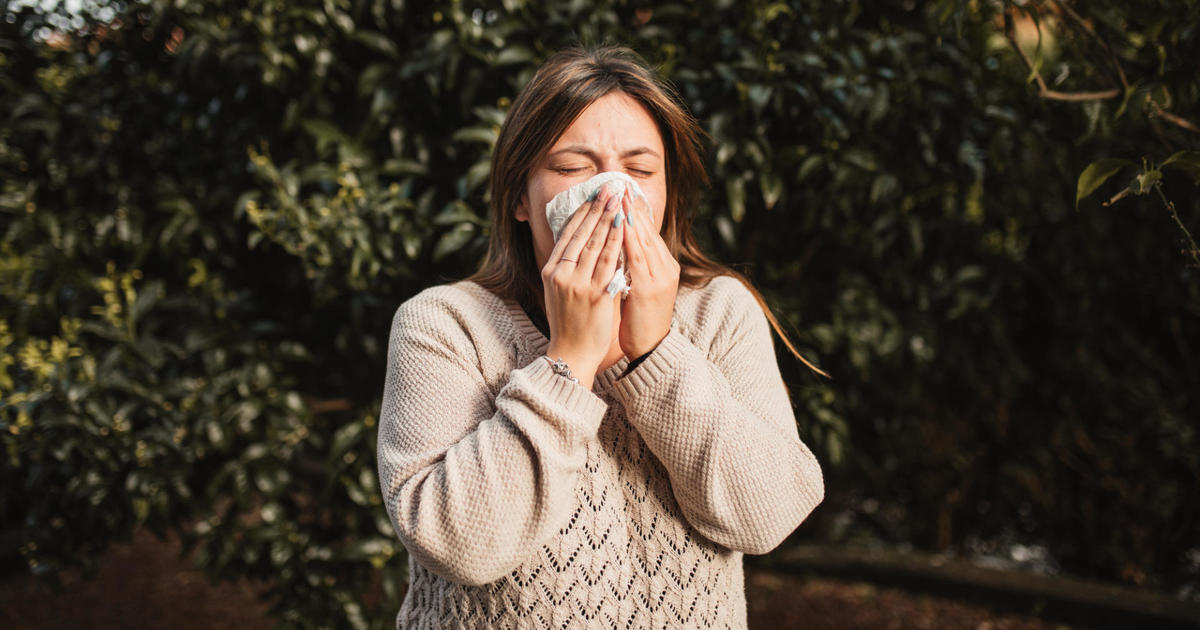Horse Meat In Human Food Chain Causes Health Concerns
BOSTON (CBS) - The practice of slaughtering race horses is considered inhumane by animal rights groups. There is also a growing health concern for people, as horse meat shows up in the human food chain.
A retired race horse often doesn't have many options according to Tawnee Preisner of Horse Plus Rescue. "If they're lucky, they go to a person who wants them and who will retrain them, but most of the time they go to slaughter," she says.
That can mean a long and grueling trip to Canada or Mexico, because the last slaughter facility in the United States closed six years ago.
"The way in which they are transported to slaughter is inhumane," according to Dr. Nicholas Dodman of the Tufts Veterinary School. "There are rules for example that they should not be transported in double-decker transporters and not crushed in, and none of those rules are policed."
By one estimate, 160,000 American horses shared this fate last year, ending up in the human food chain.
Steven O'Toole, General Manager of the Plainridge Track in Plainville, told WBZ no horse leaves his premises for any type of slaughter situation. He added that Massachusetts race tracks were the first to prohibit trainers from sending horses to slaughter.
Although Plainridge has stiff penalties if they find a horse was auctioned to a so called "Kill Buyer," O'Toole admits it's not foolproof. "At some point a horse that races with us might end up in a slaughter situation because some will fall through the cracks."
Nationally, preventing slaughter is even harder to police. A track employee from out West wouldn't reveal her identity as she said, "It happens quite frequently. . . I think people just want to get rid of the horse anyway they can, and if they can make some money on it, all the better."
There's also a real health concern here. Race horses can be given all kinds of drugs in their lifetime, and that is not something that you want going from stable to table.
Dr. Dodman has studied the presence of drugs like phenylbutazone, or 'bute', in horsemeat. "It does bad things to your bone marrow. You really don't want to consume it. The FDA knows that. They banned it for human consumption, and it is banned for use in animals intended for human consumption, but it is used like water in horses."
In a global economy, Dr. Dodman worries that meat slaughtered in Canada or Mexico could circle back to the United States, particularly because it is cheaper than beef.
A study of 27 European countries found horse DNA in 5% of frozen entrees marketed as beef. Some had traces of 'bute.'
Statistics like that worry Congressman Jim McGovern, particularly as a permit to open a new horse slaughter plant in New Mexico is under review.
McGovern has co-sponsored a bill to ban the export of horses for slaughter, and make it illegal here permanently.
"We ought to stop this practice and protect these horses, and protect the American people, and other consumers around the world," said McGovern.



